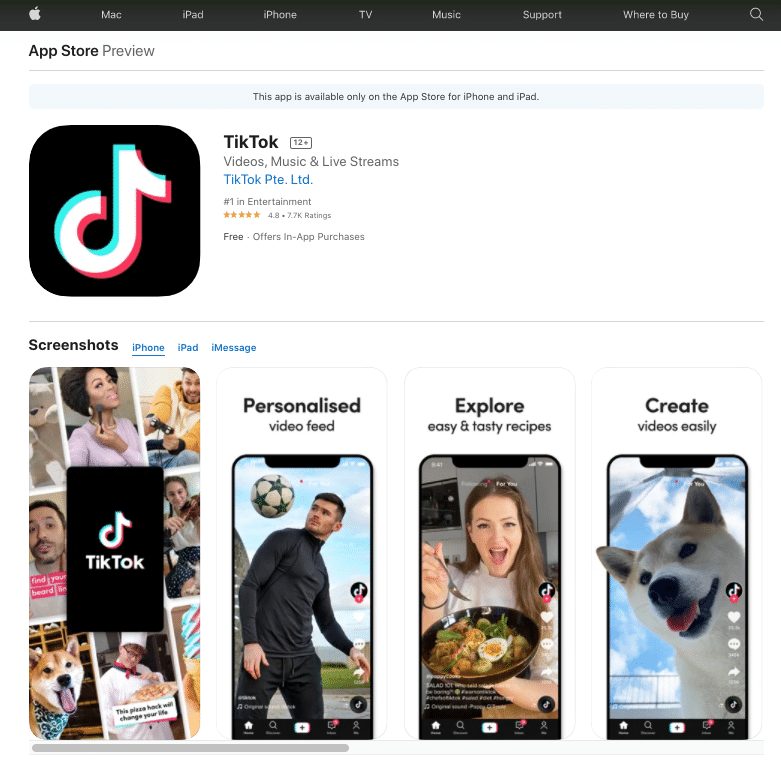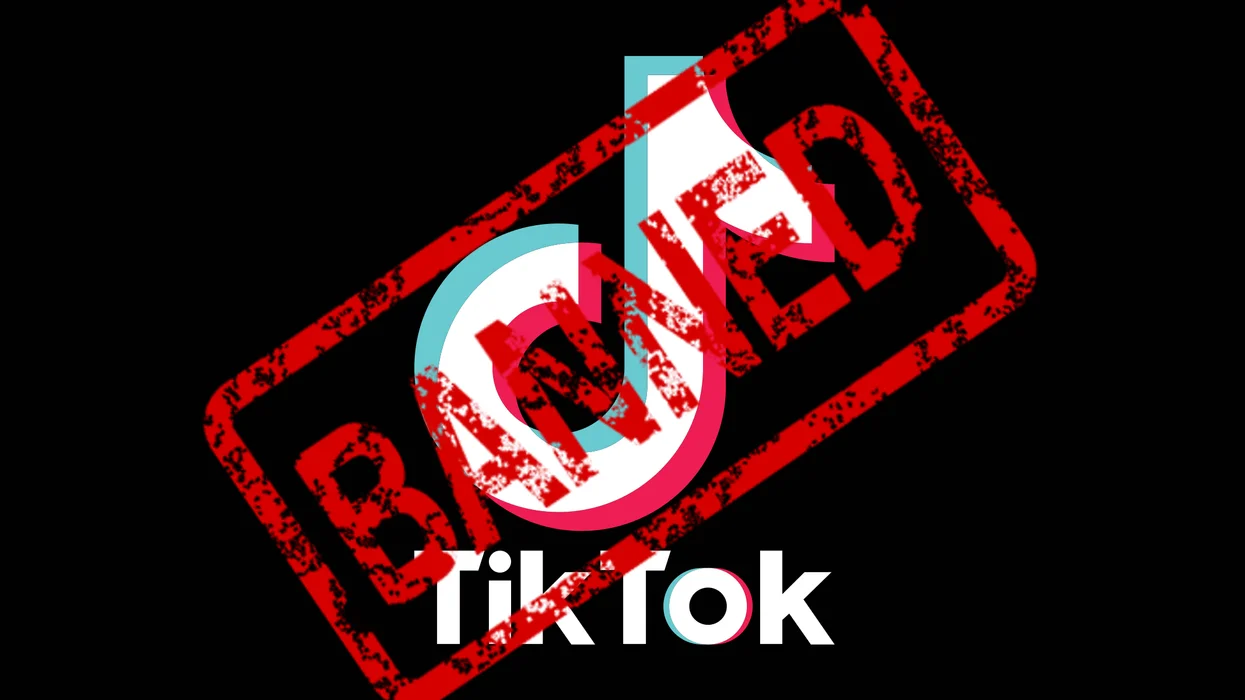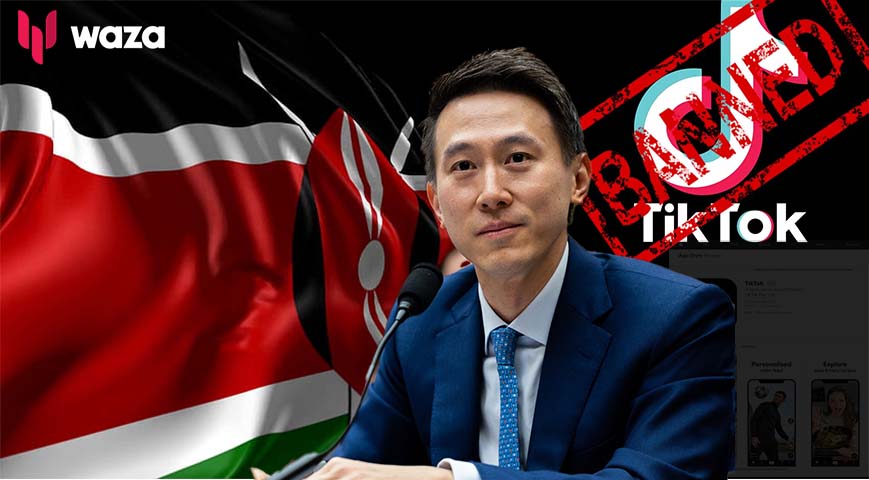On Tuesday, Utah filed a lawsuit against the Chinese-owned app TikTok, alleging that it had harmed kids by purposefully allowing them to spend too much time on the site for sharing short videos.
The Utah lawsuit is the most recent legal action opposing the well-known app in the United States; Indiana and Arkansas have already filed similar suits.
A federal judge last month prevented California from executing legislation designed to safeguard kids online.
"What these kids' parents (and guardians) don't know

Did you read this?
In a filing, Sean Reyes, the attorney general for Utah, wrote that TikTok is exploiting children to check and watch the app compulsively despite its terrible effects on their mental health, physical development, family relationships, and social lives.
In a lawsuit filed in state court, Utah claimed that the videos use "highly powerful algorithms and manipulative design features—many of which mimic features of slot machines" and that the end consequence of these "manipulative tactics" is "the hooking of young consumers."
In response to the lawsuit, TikTok, owned by ByteDance and has more than 150 million U.S. users, said it "has industry-leading safeguards for young people, including an automatic 60-minute time limit for users under 18 and parental controls for teen accounts."
Reyes stated that the state's investigation is still underway and will ask a judge to order TikTok to comply with subpoenas for evidence the following week.
Utah is asking for civil fines and an injunction to stop TikTok from breaking the state statute that guards customers from dishonest business practices.
TikTok is currently suing Indiana in state court. The case was filed in December.
In March, Arkansas sued TikTok and Facebook-parent Meta (META.O) "for pushing addictive platforms."

Republican senators claimed last year that "many children are exposed to non-stop offerings of inappropriate content that TikTok's algorithm force-feeds to them."
The first-of-its-kind statutory ban on the usage of TikTok in Montana will go into force on January 1, and a court will hear arguments in TikTok's case on Thursday to prevent it from going into effect. Due to worries about snooping, Montana's legislature enacted legislation to outlaw TikTok.
For months, Congress has debated legislation allowing the Biden administration to impose restrictions or outright prohibit TikTok due to privacy concerns. According to TikTok, it has invested more than $1.5 billion in strict data protection measures and denies espionage claims.









